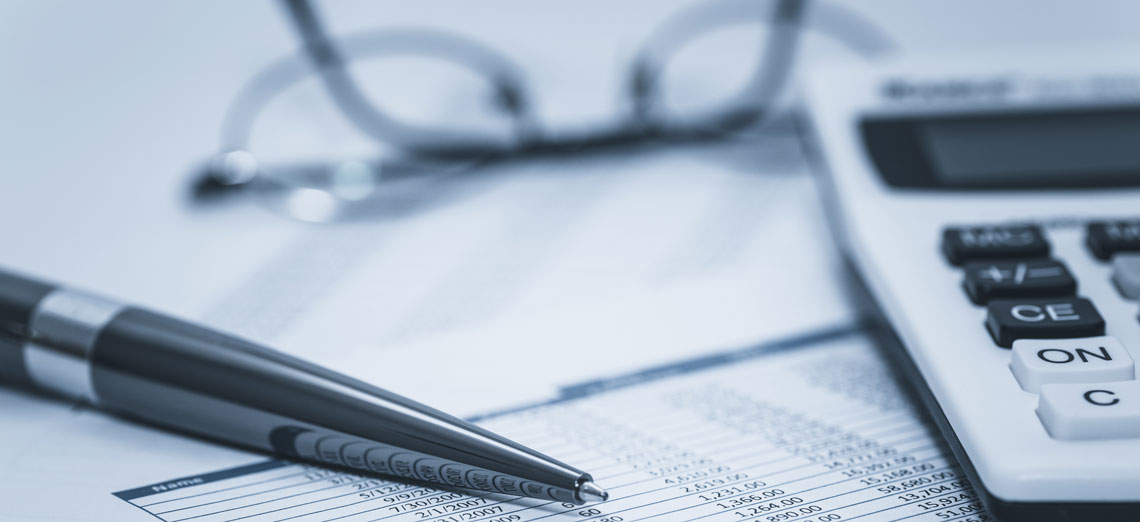Forensic accounting, a specialized field that combines accounting, auditing, and investigative skills, has become increasingly important in today's business world. It involves the application of accounting principles and techniques to investigate financial fraud, embezzlement, and other financial crimes. But how did forensic accounting start? Let's take a closer look at its evolution.
The roots of forensic accounting can be traced back to ancient civilizations, where accountants were responsible for keeping track of financial transactions and ensuring their accuracy. However, it was not until the 20th century that forensic accounting emerged as a distinct field.
The first recorded case of forensic accounting dates back to 1817, when a Scottish accountant named James May investigated a case of embezzlement. May's investigation involved the use of accounting records and led to the conviction of the perpetrator.
In the United States, forensic accounting gained prominence during the 1930s and 1940s, when the Securities and Exchange Commission (SEC) was established to regulate the securities industry. The SEC required companies to file financial statements, which led to an increased demand for forensic accountants to audit these statements and investigate any irregularities.
The growth of forensic accounting continued in the 1970s and 1980s, as a result of high-profile financial scandals such as the Watergate scandal and the collapse of the Penn Square Bank. These events highlighted the need for forensic accountants to investigate financial crimes and provide expert testimony in court.
Today, forensic accounting has become an integral part of the legal system, with forensic accountants playing a crucial role in investigations and litigation. They are often called upon to provide expert testimony in court, and their services are in high demand in both the public and private sectors.
In conclusion, forensic accounting has come a long way since its inception, evolving from a simple accounting practice to a specialized field that requires a unique set of skills and expertise. As financial crimes continue to evolve, so too will the field of forensic accounting, ensuring that it remains an essential component of the legal system.


Average Rating